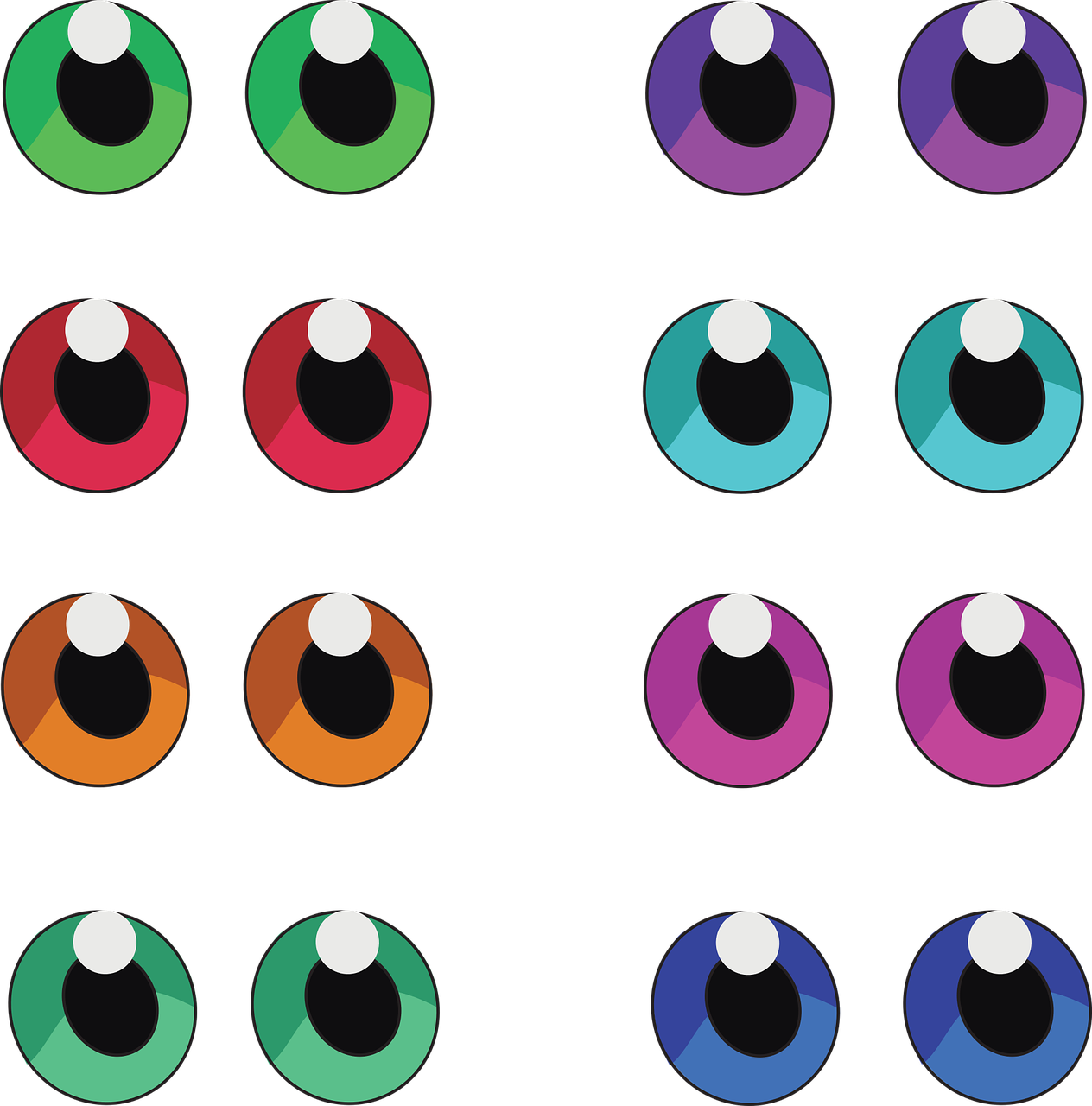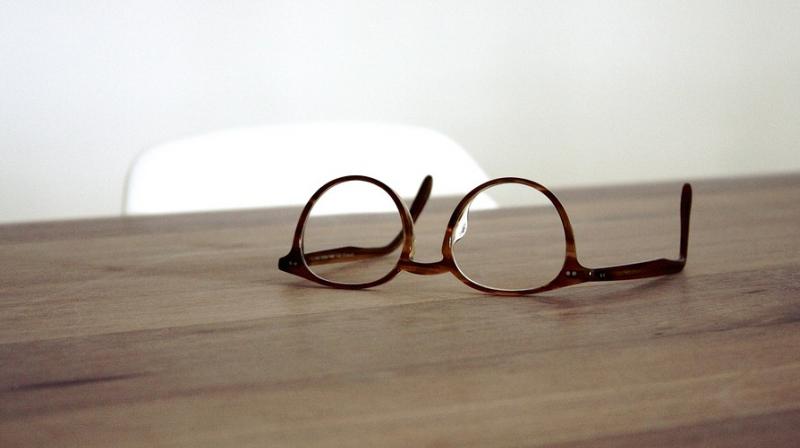

Representational image. (Photo: Pixabay)
Buffy the Vampire Slayer star Sarah Michelle Gellar recently opened up about her son Rocky’s struggle to focus during online learning sessions. Initially, Gellar thought it was due to eye strain, but Rocky was actually diagnosed with myopia. This condition, which causes difficulty in focusing on distant objects, may be linked to the increasing amount of time we spend in front of screens for work, school, entertainment, socialization, or exercise.
Gellar shared, “I really chalked it up to screen fatigue because my kids didn’t have a lot of access to devices (before Covid). All of a sudden they’re thrown into this world where they’re on Zoom for school and the only way they can connect with their friends afterwards is to continue on these devices. It was not something my kids were used to.” According to the World Health Organisation (WHO), approximately two billion people were diagnosed with myopia in 2010, accounting for one-quarter of the global population. The prevalence of myopia is expected to reach 3.3 billion people by 2030.
Dr Swapnali Sabhapandit, director and senior surgeon at the Institute of Ophthalmic Sciences, AIG Hospitals, explains that increased indoor time and near-focused activities like electronic screens, video games, and extensive reading can contribute to the onset and increase of myopia in children. The highest chance of developing myopia is between the ages of 5 and 10, and less exposure to outdoor light can enhance this risk. With the COVID-19 pandemic and subsequent lockdowns, the incidence of myopia among children has reached epidemic proportions.
While special contact lenses and glasses can help slow down myopia, caution must be exercised when using contact lenses in children to prevent infection and vision loss. Low-dose atropine eye-drops have also shown promise in preventing the worsening of myopia in children aged 5 to 18.
Prevention is key. Although myopia can be inherited, limiting screen time and encouraging children to spend more time outdoors can help prevent its development. Dr Swapnali advises, “Encourage children to hold objects at least a foot away from their faces and to look away from the screen once every 20 minutes for a few seconds to break the habit. It’s important to give kids at least an hour of outdoor sunlight exposure each day.”
